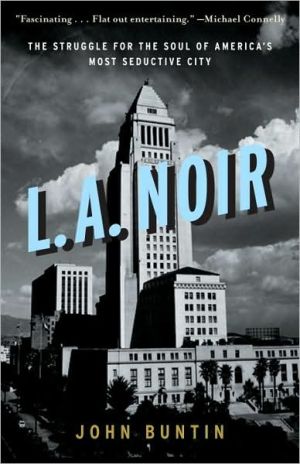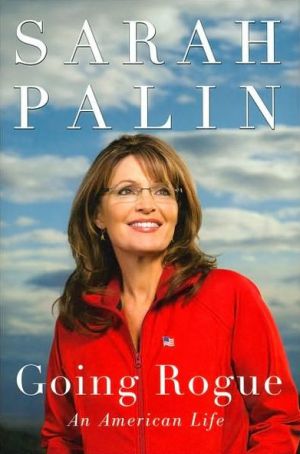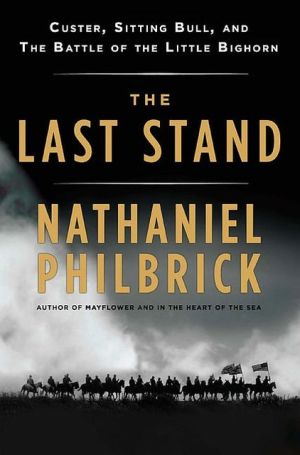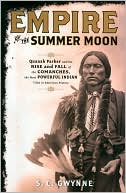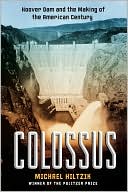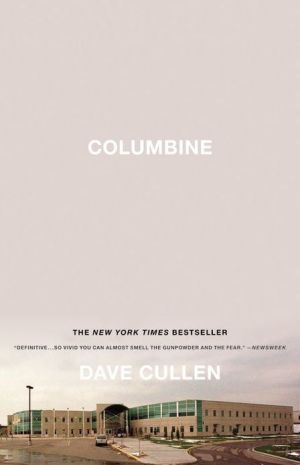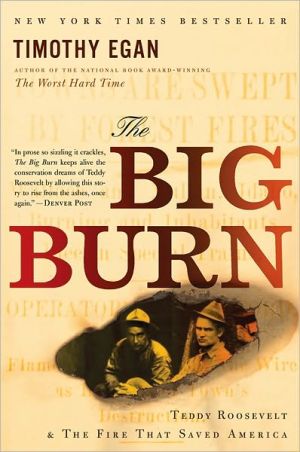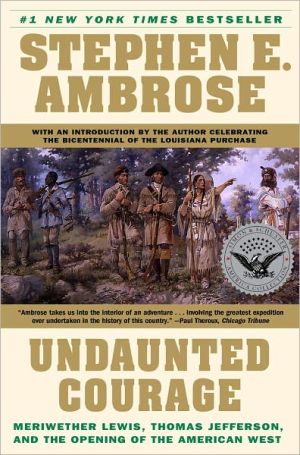L.A. Noir: The Struggle for the Soul of America's Most Seductive City
Other cities have histories. Los Angeles has legends. \ Midcentury Los Angeles. A city sold to the world as "the white spot of America," a land of sunshine and orange groves, wholesome Midwestern values and Hollywood stars, protected by the world’s most famous police force, the Dragnet-era LAPD. Behind this public image lies a hidden world of "pleasure girls" and crooked cops, ruthless newspaper tycoons, corrupt politicians, and East Coast gangsters on the make. Into this underworld came two...
Search in google:
Other cities have histories. Los Angeles has legends. Midcentury Los Angeles. A city sold to the world as "the white spot of America," a land of sunshine and orange groves, wholesome Midwestern values and Hollywood stars, protected by the world’s most famous police force, the Dragnet-era LAPD. Behind this public image lies a hidden world of "pleasure girls" and crooked cops, ruthless newspaper tycoons, corrupt politicians, and East Coast gangsters on the make. Into this underworld came two men–one L.A.’s most notorious gangster, the other its most famous police chief–each prepared to battle the other for the soul of the city. Former street thug turned featherweight boxer Mickey Cohen left the ring for the rackets, first as mobster Benjamin "Bugsy" Siegel’s enforcer, then as his protégé. A fastidious dresser and unrepentant killer, the diminutive Cohen was Hollywood’s favorite gangster–and L.A.’s preeminent underworld boss. Frank Sinatra, Robert Mitchum, and Sammy Davis Jr. palled around with him; TV journalist Mike Wallace wanted his stories; evangelist Billy Graham sought his soul. William H. Parker was the proud son of a pioneering law-enforcement family from the fabled frontier town of Deadwood. As a rookie patrolman in the Roaring Twenties, he discovered that L.A. was ruled by a shadowy "Combination"–a triumvirate of tycoons, politicians, and underworld figures where alliances were shifting, loyalties uncertain, and politics were practiced with shotguns and dynamite. Parker’s life mission became to topple it–and to create a police force that would never answer to elected officials again. These two men, one morally unflinching, the other unflinchingly immoral, would soon come head-to-head in a struggle to control the city–a struggle that echoes unforgettably through the fiction of Raymond Chandler and movies such as The Big Sleep, Chinatown, and L.A. Confidential. For more than three decades, from Prohibition through the Watts Riots, the battle between the underworld and the police played out amid the nightclubs of the Sunset Strip and the mansions of Beverly Hills, from the gritty streets of Boyle Heights to the manicured lawns of Brentwood, intersecting in the process with the agendas and ambitions of J. Edgar Hoover, Robert F. Kennedy, and Malcolm X. The outcome of this decades-long entanglement shaped modern American policing–for better and for worse–and helped create the Los Angeles we know today. A fascinating examination of Los Angeles’s underbelly, the Mob, and America’s most admired–and reviled–police department, L.A. Noir is an enlightening, entertaining, and richly detailed narrative about the city originally known as El Pueblo de Nuestra Se–ora la Reina de los Angeles, "The Town of Our Lady the Queen of the Angels."From the Hardcover edition. The Washington Post - Jonathan Yardley John Buntin tries to cram too much into its pages and writes in cliched journalese, but he persuasively argues that what ultimately shaped Los Angeles was not its sublime location but the hard truth that, as he puts it, "by the early 1920s, Los Angeles had become a Shangri-la of vice." Buntin…has unearthed in the history of 20th-century L.A. a pervasive criminality that is far more appalling than anything to be found even in the most brutal novels of James Ellroy. He views it through the lives of two men: William H. Parker, who became chief of the Los Angeles Police Department in 1950, and Meyer Harris "Mickey" Cohen, a celebrated, ruthless and flamboyant crook…[he] has made an entertaining tale out of their adventures
\ From Barnes & NobleFor decades, Los Angeles witnessed open warfare between police and gangsters. Longtime LAPD chief Bill Parker used borderline tactics such as "roustings," weeklong activities resembling reverse Hollywood casting calls in which squads armed with mug shots would blanket the city, arresting any criminal they recognized for the nearest available charge. After being repeatedly incarcerated, sometimes several times in a single day, bad guys would get the picture that they were not wanted. But, as John Buntin proves abundantly in this L.A. narrative, mobsters fought back hard, using guns, bombs, and payoffs to crooked cops, judges, and politicians. L.A. Noir covers the tumultuous decades from Prohibition to the Watts Riots in a way so captivating that it will win the enthusiasm of any James Ellroy fan.\ \ \ \ \ Jonathan YardleyJohn Buntin tries to cram too much into its pages and writes in cliched journalese, but he persuasively argues that what ultimately shaped Los Angeles was not its sublime location but the hard truth that, as he puts it, "by the early 1920s, Los Angeles had become a Shangri-la of vice." Buntin…has unearthed in the history of 20th-century L.A. a pervasive criminality that is far more appalling than anything to be found even in the most brutal novels of James Ellroy. He views it through the lives of two men: William H. Parker, who became chief of the Los Angeles Police Department in 1950, and Meyer Harris "Mickey" Cohen, a celebrated, ruthless and flamboyant crook…[he] has made an entertaining tale out of their adventures\ —The Washington Post\ \ \ Publishers WeeklyBuntin, a crime writer for Governing magazine, chronicles the complex, interlocking lives of brutal gangster Mickey Cohen and durable police chief William Parker, telling their stories against the backdrop of Tinseltown from the 1930s to the '60s. The author adds to the mix the colorful cultural and political saga of the star-struck metropolis, a city ripe for a bitter power play between the crooks and cops, rampant with drug dens, pleasure palaces, illegal gambling and other assorted vices. The ruthlessness of Cohen, an heir to "Bugsy" Siegel, and the deadpan determination of Parker are placed in proper context with the seminal events of Prohibition, the Red scare, the federal crackdown on mobsters, and the Watts riots. Packed with Hollywood personalities, Beltway types and felons, Buntin's riveting tale of two ambitious souls hell-bent on opposing missions in the land of sun and make-believe is an entertaining and surprising diversion-as well as a sobering look at the role of the LAPD in fomenting racial tensions in L.A. 16 pages of b&w photos. \ Copyright © Reed Business Information, a division of Reed Elsevier Inc. All rights reserved.\ \ \ \ \ Library Journal"Other cities have histories. Los Angeles has legends." Those first two lines from the prologue of L.A. Noir capture perfectly the sentiment that Buntin portrays throughout his book. Buntin, who writes about crime for Governing magazine, guides the reader through a 20th-century history of Los Angeles using two of its most influential citizens—mobster Mickey Cohen and police chief William Parker. Cohen as leader of the underworld and Parker as leader of the L.A. police were natural enemies. But Buntin shows these seemingly different characters sharing much in common as each strives to become the best in his business while trying to grasp control of the city. Los Angeles is more than just a backdrop for the stories of these two men. The city acts as the third main character in this plot, prompting, inciting, and influencing the actions of Cohen and Parker. VERDICT Recommended especially for all readers who love digging into 20th-century history or particularly the city of Los Angeles.—Jeremy Spencer, Univ. of California Lib., Davis\ \ \ \ \ Kirkus ReviewsMidcentury L.A., confidential and otherwise. Untangling the web of politics and crime that defined Los Angeles as a locus of "noir" mystique, Governing magazine writer Buntin traces the careers of two of the city's most storied combatants-Police Chief William Parker and gangster Mickey Cohen. Parker was a rigid autocrat famous for his incorruptibility, while Cohen emerges here as a charming, eccentric operator whose criminal ways often seem like merely an expression of excessively high spirits. Parker rose steadily through the ranks of the hopelessly corrupt LAPD through sheer will. He eventually revolutionized the department, turning it, and himself, into a formidable political power in its own right, rather than acting as a lackey for the entrenched and mutual interests of local business and organized crime. Cohen became king of the rackets after impressing the big boys with his chutzpah and ruthlessness. The men hated each other, and the pursuit of their divergent agendas would do much to shape Los Angeles in the public imagination. The narrative is a roller-coaster ride full of reversals, as Parker triumphed in shoring up the effectiveness of his force and containing the activities of the underworld, only to falter as toxic race relations led to such disasters as the Zoot Suit riots and the burning of Watts. Cohen lived high on the hog and enjoyed the affection of the media and public, until tax evasion-he had escaped numerous murder charges-landed him in Alcatraz, where he was crippled in an attack by a deranged fellow inmate. The colorful cast of characters intersecting with Parker and Cohen include old-school mobster Bugsy Siegel, evangelist Billy Graham and screenwriter Ben Hecht(both, bizarrely, friends of Cohen), Sammy Davis Jr., burlesque legend Candy Barr, J. Edgar Hoover, Lana Turner and Malcolm X. Gripping social history and a feast for aficionados of cops-and-robbers stories, both real and imagined. Author events out of Los Angeles\ \ \ \ \ From the Publisher"Important and wonderfully enjoyable." —-Los Angeles Times\ \
